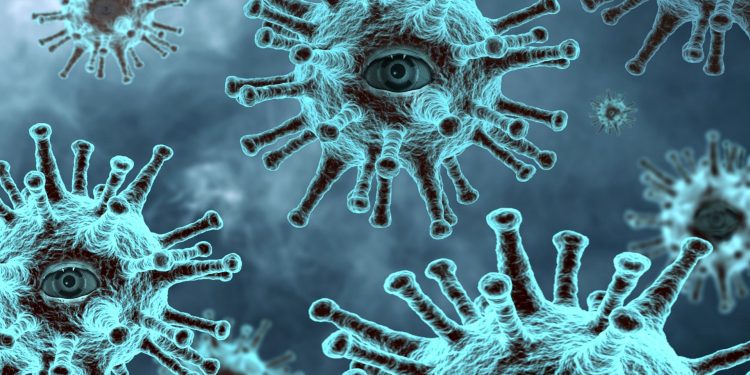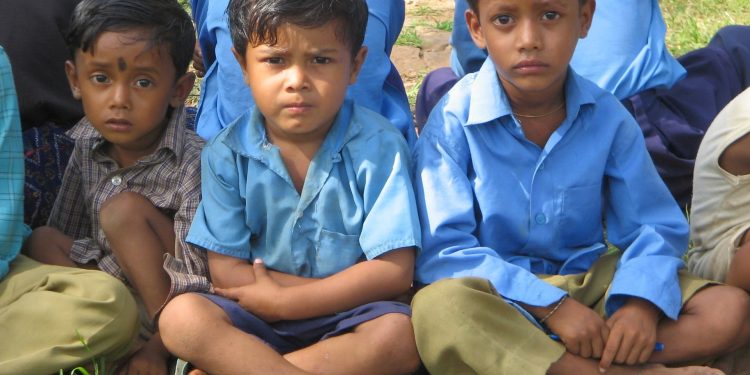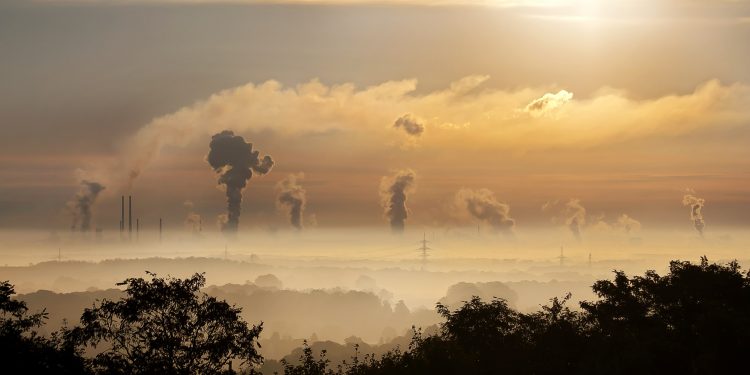Antimicrobial Resistance

Introduction Antimicrobial resistance is the ability of a microorganism to stop an antimicrobial drug from working against it. The result of it is that the standard treatments tend to become ineffective and the infections persist and spread to other people. Antimicrobial resistance is one of the biggest global challenges. Around …
Malnutrition in India

Introduction Food and nutrition are among the fundamental needs of a human being and are particularly important for a child’s growth and development. According to the World Health Organisation (WHO), malnutrition refers to “deficiencies, excesses, or imbalances in a person’s intake of energy and/or nutrients”. India has one of the highest …
Implications of the Surrogacy (Regulation) Bill on Indian Society

Introduction Surrogacy is the practice of renting a womb; it is a type of assisted reproductive technology (ART). In the year 2002, commercial surrogacy was legalized in India to boost medical tourism in the country. Recently though, the Lok Sabha passed a bill to check the status of commercial surrogacy in …
Reforming the Indian Health Sector- National Medical Commission Bill 2019

Background According to the World Health Organisation standards, the ratio of doctor to population should ideally be 1:1000, but India has a ratio of 1:1456. The doctors are easily available in the urban areas, but they are rarely willing to reach out to the rural areas because of a lack of …
Abrogation of Article 370: Boon for People of Jammu and Kashmir

Introduction In a historic decision, the Indian Home Minister, Amit Shah, announced in the Rajya Sabha that the government of India had repealed Article 370. The article granted special status to the state of Jammu and Kashmir. After its repeal, the state stands split into two Union Territories of Ladakh …
Air Pollution in Delhi- Not Just a Seasonal Crisis

Introduction The industrial and technical advancement in India leading to its development at a high pace after India’s historical struggle for independence has come at a great environmental cost. According to the Global Environment Performance Index (EPI) 2018, developed by Yale University and Columbia University, India is ranked 177 among …